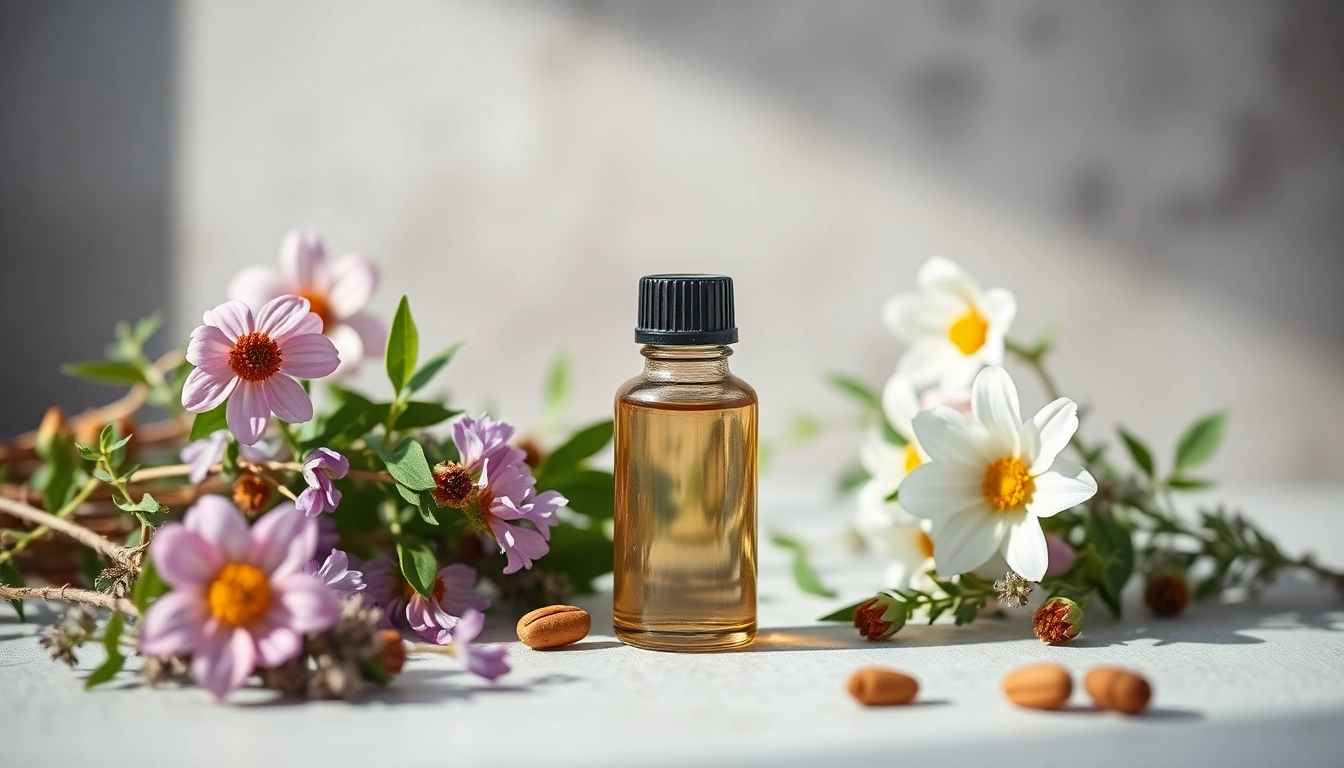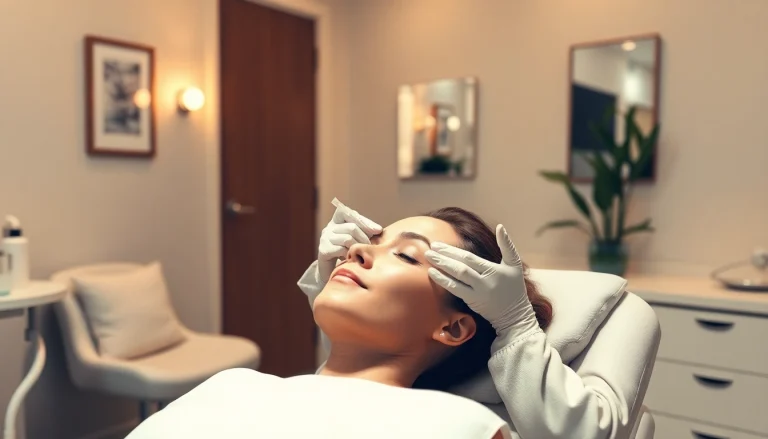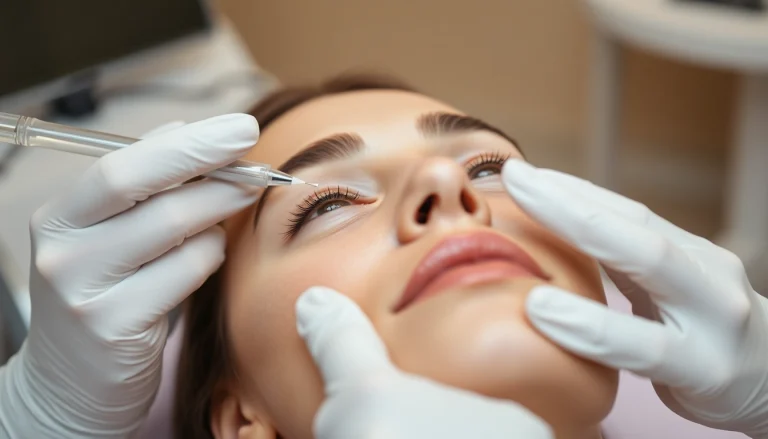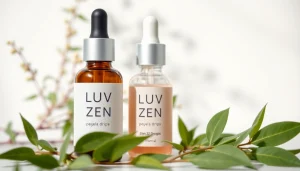Understanding Essential Oils
What Are Essential Oils?
Essential oils are concentrated plant extracts obtained through various extraction methods, such as steam distillation or cold pressing. They contain the natural fragrance and other beneficial compounds of the plants from which they are derived. Essential oils have been used for thousands of years for their therapeutic properties and are a vital component of aromatherapy and holistic health practices. Unlike synthetic fragrances, which are chemically engineered, essential oils retain the complex aromas and healing attributes of their source plants, making them a preferred choice for those seeking natural alternatives. Incorporating essential oil into your daily life can yield numerous benefits, from enhancing mood to alleviating physical ailments.
The Extraction Process of Essential Oils
The extraction of essential oils is a delicate process aimed at preserving their potency. The most common methods include:
- Steam Distillation: This prevalent method uses steam to extract essential oils from plant materials. The steam passes through the plant, causing the oil to evaporate, which is then condensed back into a liquid form.
- Cold Pressing: Mainly used for citrus fruits, this method involves mechanically pressing the rind to release the essential oils without the use of heat.
- Soxhlet Extraction: This technique utilizes a solvent to extract essential oils but requires careful handling due to the use of chemicals, making it less popular for therapeutic oils.
Each extraction method impacts the quality of the essential oil. High-quality oils should retain the full range of aromatic compounds, contributing to their therapeutic effectiveness.
Popular Types of Essential Oils
There is a wide variety of essential oils, each with unique properties and applications. Some of the most popular types include:
- Lavender: Known for its calming and soothing effects, lavender oil is often used to promote relaxation and alleviate stress.
- Peppermint: This invigorating oil aids in digestion and can help alleviate headaches.
- Tee Tree: Renowned for its antiseptic and antibacterial properties, tea tree oil is commonly employed in skincare routines.
- Eucalyptus: This oil is popular for respiratory health and is often used in cold and flu remedies.
- Frankincense: Often used in spiritual practices, frankincense supports emotional well-being and skin health.
Essential Oil Uses and Applications
Common Uses of Essential Oils in Daily Life
Essential oils can be seamlessly integrated into various aspects of daily life, enhancing not only health but also general well-being. Here are some common uses:
- Aromatherapy: Inhalation of essential oils through diffusers or steam inhalation can influence mood and promote relaxation.
- Skincare: Many essential oils have properties beneficial for the skin, such as reducing acne, scars, or signs of aging.
- Household Cleaning: Essential oils like lemon and tea tree oil are potent antimicrobial agents, making them great additions to homemade cleaning solutions.
- Bath Additives: Adding a few drops of essential oil to bathwater can enhance the therapeutic effects of bathing.
How to Use Essential Oils Safely
Although essential oils offer numerous benefits, safety is paramount when using them. Here are some essential guidelines:
- Dilution: Always dilute essential oils with a carrier oil before applying them to the skin to prevent irritation. Recommended dilution is between 1-5% for topical applications.
- Patch Test: Conduct a patch test on a small skin area to check for adverse reactions before widespread use.
- Consultation: Individuals with existing health conditions or those pregnant should consult a healthcare professional before using essential oils.
- Quality Assurance: Opt for 100% pure essential oils and check for reputable brands to ensure safety and efficacy.
Aromatherapy and Essential Oils: Benefits and Techniques
Aromatherapy is an ancient practice that harnesses the therapeutic potential of essential oils. Here are some techniques to maximize the benefits:
- Diffusion: Use a diffuser to disperse essential oils into the environment, allowing for inhalation of their therapeutic properties.
- Inhalation: Direct inhalation from the bottle or placing a few drops on a tissue can provide immediate effects.
- Topical Application: Applying diluted essential oils on pulse points or affected areas directly enhances localized benefits.
- Massage: Combining essential oils with carrier oils for massage can enhance relaxation and relieve muscle tension.
Essential Oil Benefits for Wellness
Physical Health Benefits of Essential Oils
Essential oils can provide various physical health benefits, contributing to a holistic approach to well-being. Some noteworthy benefits include:
- Pain Relief: Oils like peppermint and eucalyptus are known for their analgesic properties and can be used to relieve headaches or muscle aches.
- Respiratory Health: Eucalyptus and rosemary oils can help clear nasal passages and support respiratory function.
- Skin Care: Essential oils like lavender and tea tree have antiseptic properties that can help with acne and promote skin healing.
- Digestive Support: Peppermint oil is extensively used to alleviate digestive discomfort and promote healthy digestion.
Emotional and Mental Benefits of Essential Oils
The mind-body connection is well-acknowledged in holistic health, and essential oils play a significant role in supporting emotional wellness. Here’s how:
- Anxiety Relief: Lavender and chamomile oils are effective in reducing anxiety levels and promoting a calm mindset.
- Enhancing Mood: Citrus oils, such as orange and lemon, can uplift mood and foster feelings of joy and positivity.
- Improving Focus: Essential oils like rosemary and peppermint have stimulating effects that enhance concentration and mental clarity.
- Promoting Sleep: Oils such as vetiver and bergamot are widely recognized for their ability to improve sleep quality.
Integrating Essential Oils into Your Wellness Routine
To maximize the benefits of essential oils, consider incorporating them into a structured wellness routine. Here are some practical steps:
- Morning Ritual: Start your day with an uplifting essential oil blend in your diffuser to boost mood and energy.
- Mindfulness Practices: Incorporate essential oils into meditation or yoga practices to enhance relaxation and focus.
- Evening Wind Down: Use calming oils in your bedtime routine, such as lavender, to promote restful sleep.
- Skin Care Routine: Integrate oils into your daily skin care regimen for additional benefits.
Choosing High-Quality Essential Oils
What to Look for When Buying Essential Oils
When shopping for essential oils, the quality of the product is crucial to their effectiveness. Here are key factors to consider:
- Purity: Look for oils labeled as pure or 100% essential oil, indicating no synthetic additives.
- Source: Check the origin of the plants; oils sourced from their native habitats often have better chemical profiles.
- Extraction Method: Prefer oils obtained through steam distillation or cold pressing, as these methods preserve their natural properties. Avoid oils extracted with solvents.
- Packaging: Essential oils should be stored in dark glass bottles to protect them from light and degradation.
Understanding Labels and Certifications
Essential oil labels can often be confusing. Here are terms to familiarize yourself with:
- Therapeutic Grade: This unregulated term is often used to denote higher quality but lacks standardized definition.
- GC/MS Tested: Indicates that the essential oil has been tested using Gas Chromatography and Mass Spectrometry, ensuring its authenticity and composition.
- Organic Certification: This label ensures that the plants used were grown without harmful pesticides or chemicals.
- Wildcrafted: Indicates that the plants were harvested from their natural environment, potentially offering higher potency.
Top Brands for Essential Oils in the Market
Several reputable brands are known for their high-quality essential oils. Identifying these brands can help you make informed decisions:
- doTERRA: Renowned for its rigorous testing standards and ethically sourced oils.
- Young Living: Offers a vast selection of essential oils and blends, known for their Seed to Seal commitment.
- Plant Therapy: Provides a variety of certified organic options and transparency in sourcing.
- Edens Garden: Known for affordable, high-quality essential oils, with a strong emphasis on customer education.
Creating Your Own Essential Oil Blends
Basic Principles of Blending Essential Oils
Crafting your own essential oil blends can be a rewarding creative process. Here are basic principles to keep in mind:
- Top, Middle, and Base Notes: Blending oils involves understanding how different notes work together. Top notes are fresh and uplifting but evaporate quickly, middle notes form the heart of the blend, and base notes are rich and long-lasting.
- Complementary Properties: Combining oils with similar therapeutic properties can enhance their overall effect.
- Proportions: Start with small quantities, typically a 3:2:1 ratio, to preserve balance in fragrance and efficacy.
DIY Essential Oil Recipes for Home and Wellness
Here are a few simple DIY essential oil recipes for various needs:
- Relaxing Sleep Blend: Mix 3 drops of lavender, 2 drops of chamomile, and 1 drop of vetiver in a diffuser before bedtime.
- Uplifting Mood Blend: Combine 2 drops of sweet orange, 2 drops of bergamot, and 1 drop of peppermint for a refreshing aroma during the day.
- Natural Room Spray: Mix 10 drops of lavender oil with 2 ounces of distilled water in a spray bottle for a calming room freshener.
Storage and Shelf Life of Essential Oils
Proper storage of essential oils is essential for maintaining their potency. Follow these tips:
- Keep Away from Light: Store oils in a dark, cool place to prevent degradation.
- Use Dark Glass Bottles: These protect the oils from UV light, preserving their efficacy.
- Check Expiration Dates: While many essential oils can last several years, they may lose potency over time. Citrus oils have a shorter shelf life, typically around 1-2 years, while others can last 3-5 years or longer.








